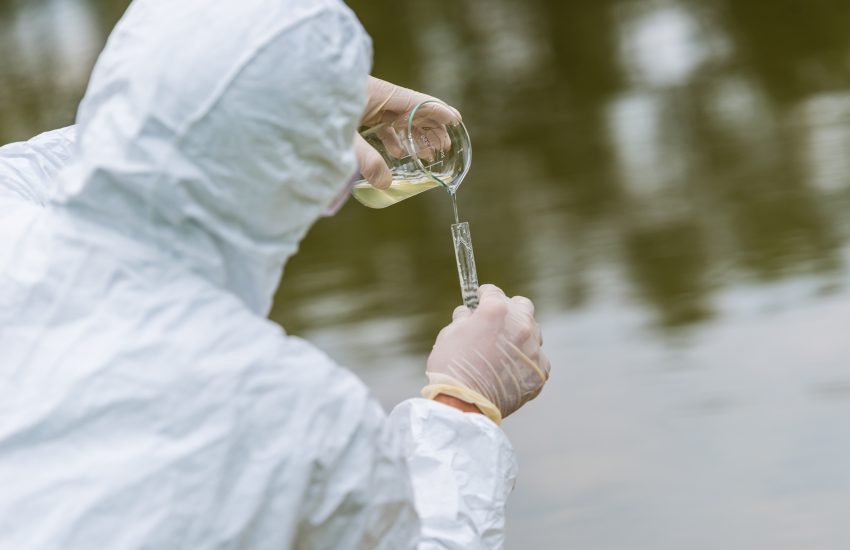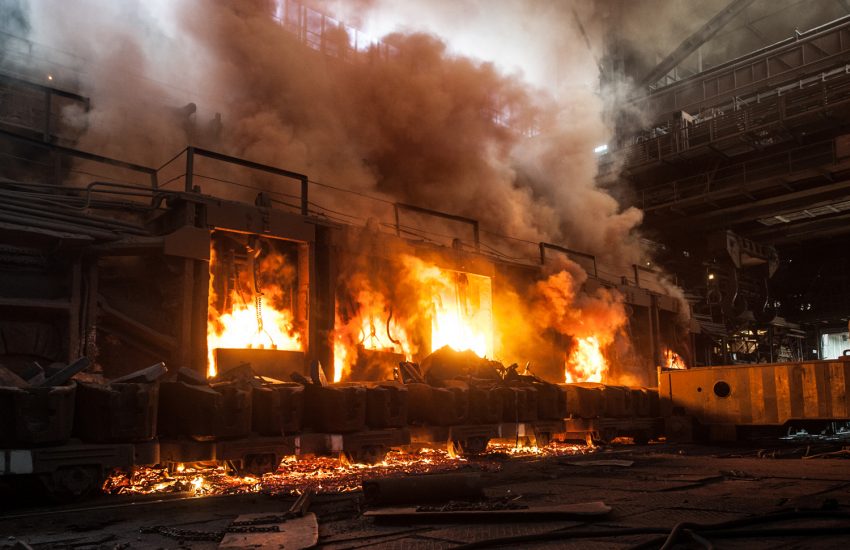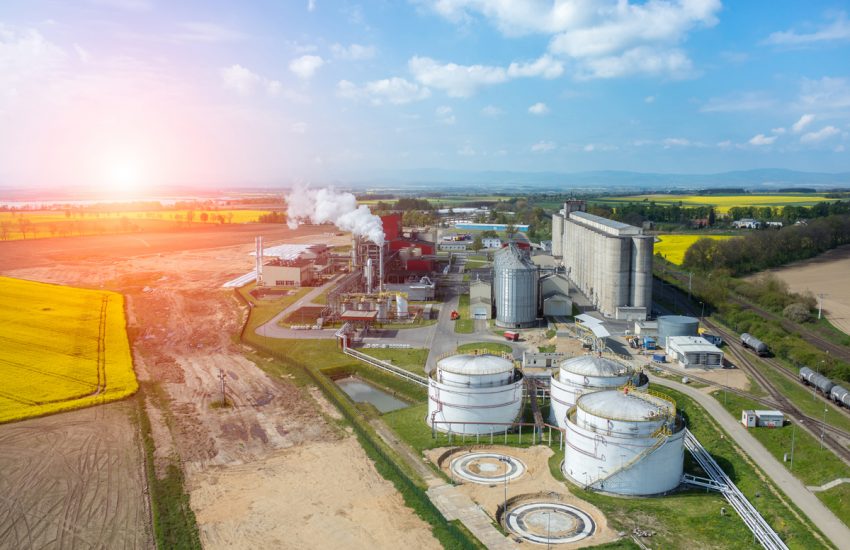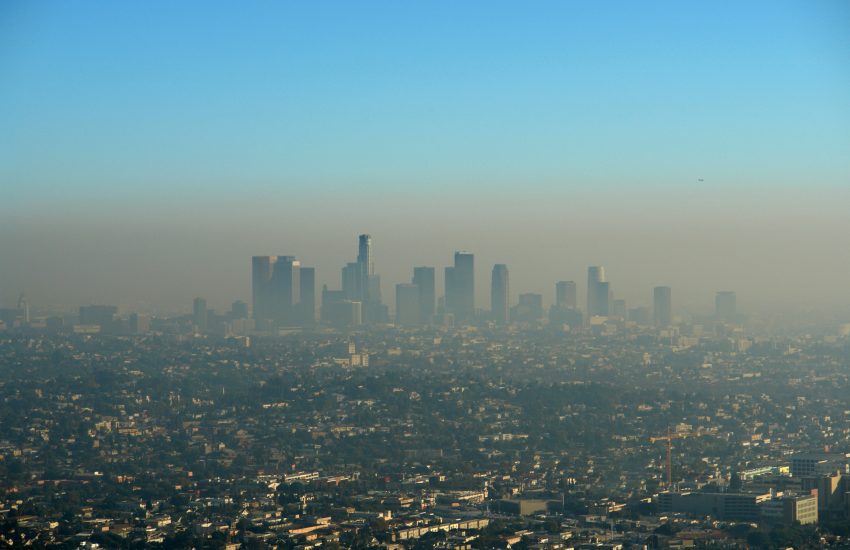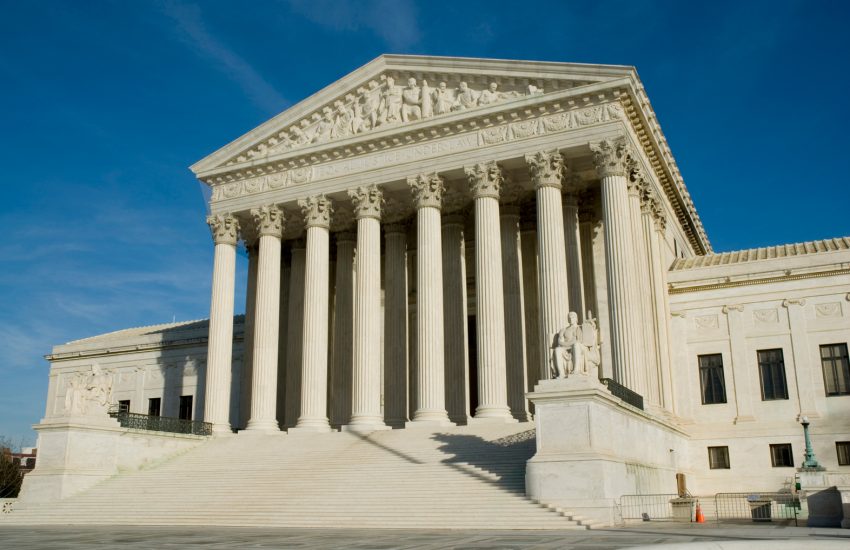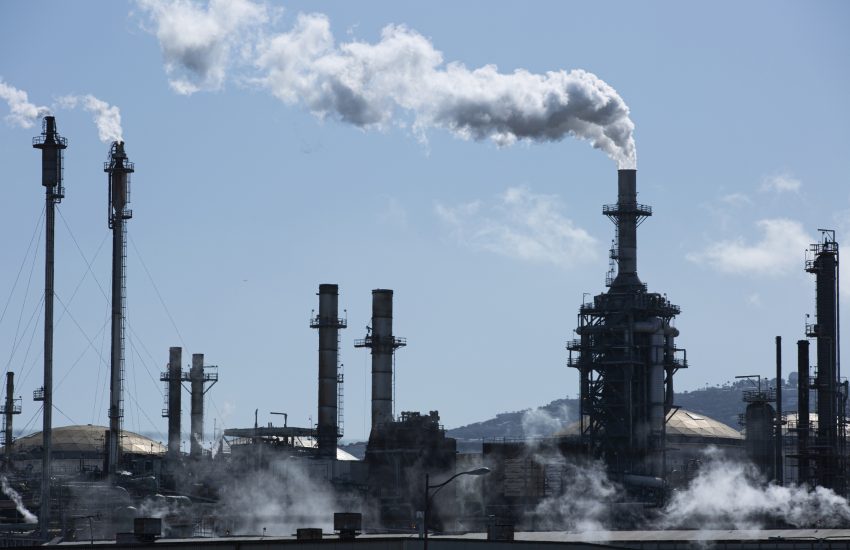On July 21, 2021, the United States House of Representatives passed the PFAS Action Act of 2021 (Act) that would require the Environmental Protection Agency (EPA) to take action to regulate two per- and polyfluoroalkyl (PFAS) substances. PFAS are commonly known as “forever chemicals” due to their ability to persist in the environment, including drinking water supply systems, the human body, and in animal populations as well. The use of PFAS chemicals has been widespread throughout the world as a result of their resistance to …
Continue Reading